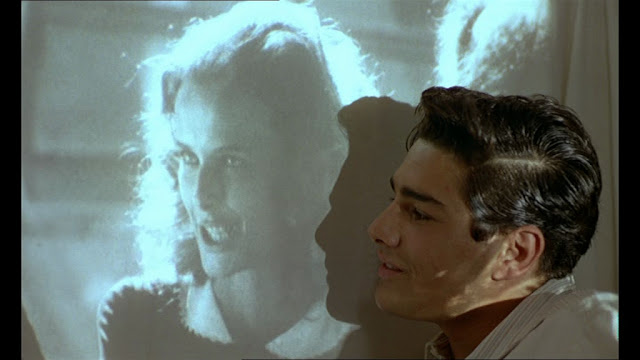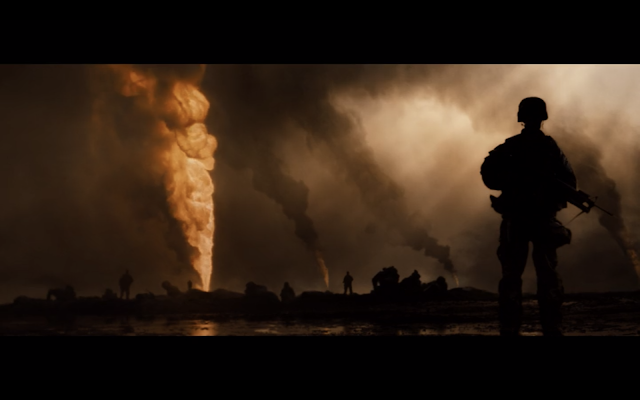Cinema Paradiso (1988)
This is a movie that is hard to put into words on how remarkable it is to watch. The blend of humor, romance, nostalgia, and drama makes this movie a masterpiece. Slightly soppy and slow at times but never boring, this movie is a must-watch. Cinema Paradiso centers around the life of a young Salvator who lives in a small war-torn Italian village after the events of World War 2. There he finds an escape from his life through the Cinema Paradiso movie theatre, where projectionist, Alfredo, instills in him a deep love of film. Salvator eventually takes over as projectionist and meets a girl, Elena, yet Alfredo convinces him to leave the village and pursue his passion in filmmaking.
The movie is set up in three individual parts of Salvator's journey: a boy to a teenager to a man. We are introduced to the friendship that Alfredo and Salvator share at a young age as Salvator lost his father to the war. Scenes shared by the two characters are fantastic to watch, young or old, as the chemistry between the two actors is fantastic.
Cinema Paradiso stands as an ode to cinema and the power of dreams. As a young Salvator watches films from his projector's box, his eyes stare widely trying to catch everything that is going on. The camera pans to the audience with varying reactions from each individual. One man murmurs each line before it happens in a trance. In another scene, one man looks up and sees a woman from across the theatre. It displays the effect that film has on people, the way it unites people and takes them into worlds unimaginable. This to me, is what makes this movie so beautiful as it shows the true power behind the cinema. This is evident in the film's cinematography as well. Movies are shown with such love and it makes the viewer feel like they are watching the magic happen. A sense of wonder brushes over both the characters within the film and the audience. This paired with a beautiful score might leave some viewers with the waterworks.
The central theme that resides within is the eventual loss of innocence and the difference between what is reality and what is cinema. Alfredo tells Salvator he must leave and never return. He wants Salvator to have a better life and pursue his passion in cinema. The ending justifies this love when it shows all the scenes that were censored when he was a child. The scenes are passionate displaying love and cinema, things this movie believes go hand in hand. It captures the true beauty that comes with cinema. Yet as I watched the director's cut, I realized the tone was entirely different from the original. A few extra scenes were added including a scene where Salvator kisses the girl when he returns to the village and reveals that Alfredo told Elena that Salvator didn't want to be with her. I thought the inclusion of these scenes were entirely unnecessary and contradicts what the ending is trying to convey. It feels tacked on and diminishes the gift that Alfredo gives to Salvator. It also makes Alfredo seem like a bad person as it shows him trying to ruin love. For these reasons, I disliked the alternate ending far more than the original. The original on the other hand is able to captivate audiences with feelings of wonder while being able to tell a full story filled with passion. All fans of the cinema should watch this masterpiece.
- GL
9 / 10
(Above) Favourite shot:
(Below) Runners-up:







Comments
Post a Comment